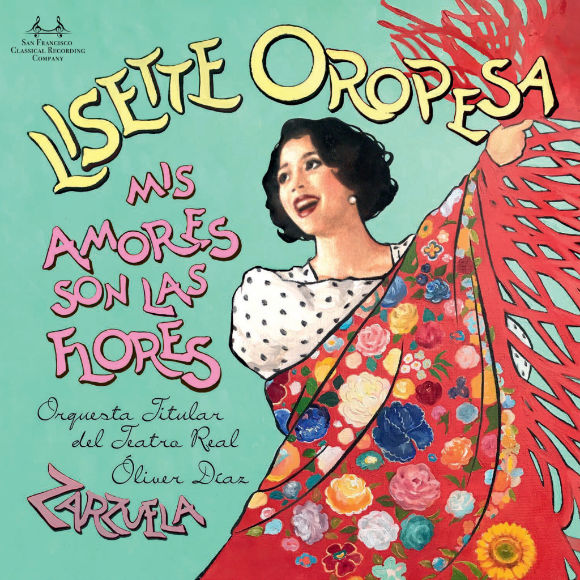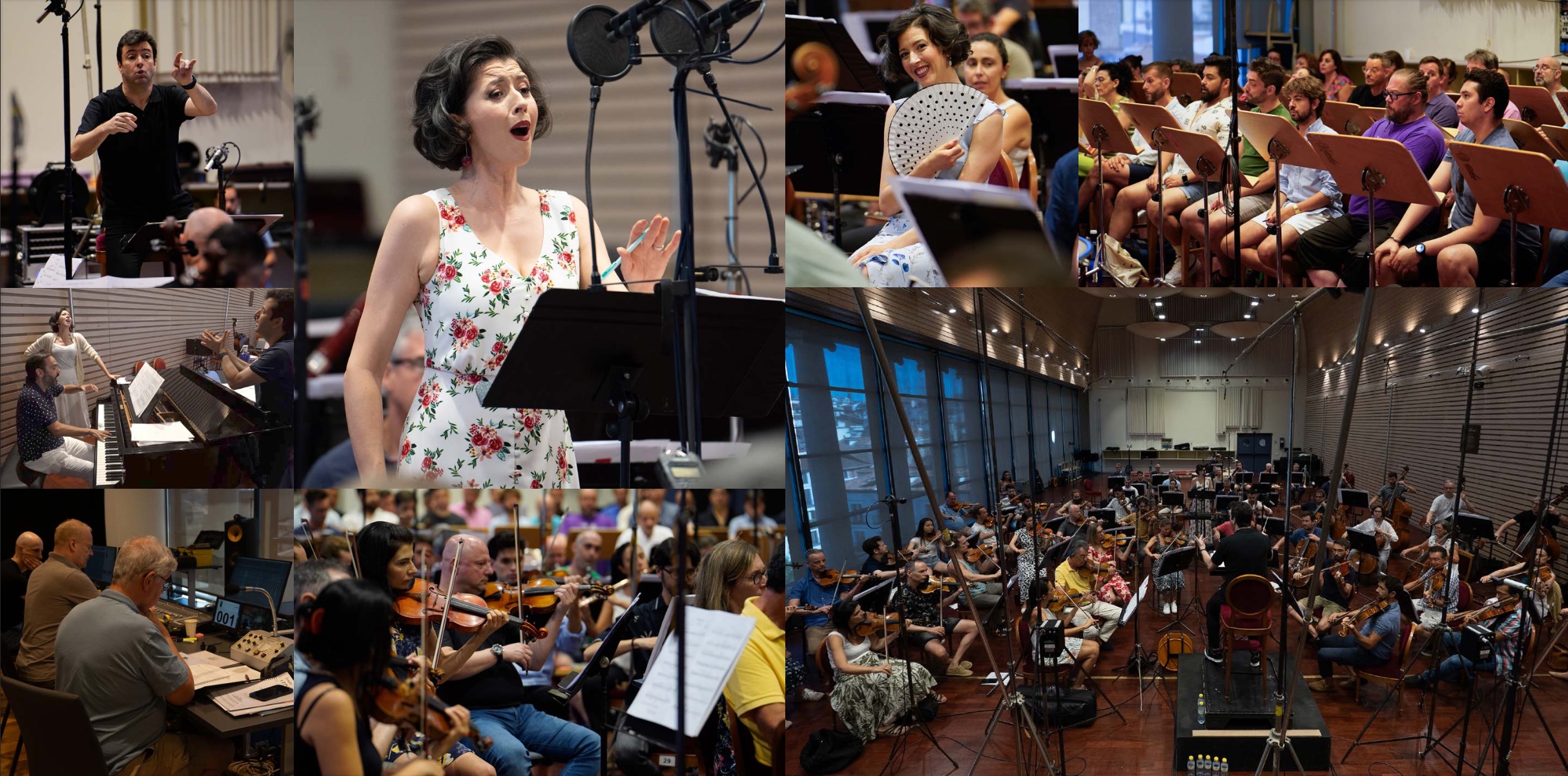Mis amores son las flores
a Zarzuela Album
by Lisette Oropesa & Óliver Díaz
La música es una gran narradora de historias y, para disfrutar de una obra dramática como una zarzuela, necesitamos una evocación de tiempo y lugar. Cuando escucho los ritmos y melodías de este estilo tan abarcador, me siento transportada, conmovida y envuelta en la narrativa. Como estadounidense nacida de inmigrantes cubanos, con linaje español y catalán, me siento muy honrada de presentar estas obras, que representan mi propia identidad. No solo es hermoso y divertido de escuchar, sino que tiene un alcance verdaderamente operístico, y preservar estos clásicos significa mucho para mí, aunque tal vez nunca aparezca en una producción teatral de una zarzuela. Cantar arias que recuerdo que mi madre me cantaba cuando era niña me lleva instantáneamente de regreso a un lugar de calidez y amor. Ahora que estoy disfrutando de una carrera en la música clásica, principalmente centrada en la ópera, siento el deber de interpretar obras de este género especial, que mis abuelos cubanos escucharon cuando crecieron. Hablan de sus viajes al Teatro de la Zarzuela en La Habana, y mi abuelo tiene una preciosa colección de grabaciones de zarzuela. Mi objetivo al lanzar este grupo único de arias españolas y cubanas es arrojar luz sobre este impresionante repertorio, para que pueda seguir siendo escuchado y apreciado por las generaciones del futuro.
– Lisette Oropesa









